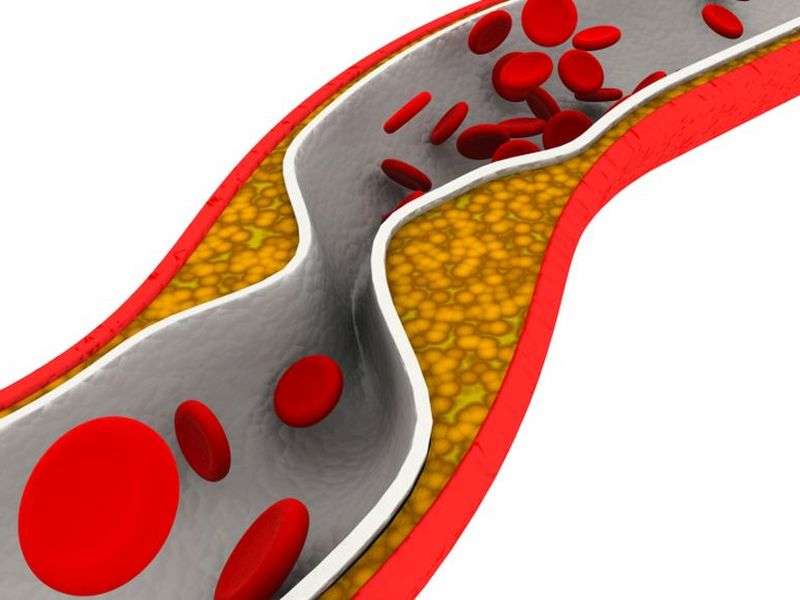(HealthDay)—Nonadherence to angiotensin-converting enzyme (ACE) inhibitors/angiotensin II receptor blockers (ARBs) and/or statins following acute myocardial infarction (AMI) is associated with higher mortality, according to study published in the Sept. 26 issue of the Journal of the American College of Cardiology.
Maarit J. Korhonen, Ph.D., from the University of North Carolina at Chapel Hill, and colleagues identified 90,869 Medicare beneficiaries (≥65 years of age) who had prescriptions for ACE inhibitors/ARBs, beta-blockers, and statins, and survived at least 180 days after AMI hospitalization (from 2008 to 2010). The proportion of days covered (PDC) during 180 days following hospital discharge was used to measure adherence. Follow-up to determine mortality extended up to an additional 18 months.
The researchers found that only 49 percent of the patients adhered (PDC ≥80 percent) to all three therapies. Compared with being adherent to all three therapies, the multivariable-adjusted hazard ratios for mortality were 1.12 (95 percent confidence interval [CI], 1.04 to 1.21) for being adherent to ACE inhibitors/ARBs and beta-blockers only; 0.98 (95 percent CI, 0.91 to 1.07) for ACE inhibitors/ARBs and statins only; 1.17 (95 percent CI, 1.10 to 1.25) for beta-blockers and statins only; 1.19 (95 percent CI, 1.07 to 1.32) for ACE inhibitors/ARBs only; 1.32 (95 percent CI, 1.21 to 1.44) for beta-blockers only; 1.26 (95 percent CI, 1.15 to 1.38) for statins only; and 1.65 (95 percent CI, 1.54 to 1.76) for being nonadherent (PDC ≤80 percent) to all three therapies.
"Patients adherent to ACE inhibitors/ARBs and statins only had similar mortality rates as those adherent to all three therapies, suggesting limited additional benefit for beta-blockers in patients who were adherent to statins and ACE inhibitors/ARBs," the authors write.
Several authors disclosed financial ties to the pharmaceutical industry.
More information:
Abstract/ Full Text (subscription or payment may be required)
Editorial (subscription or payment may be required)
Journal information: Journal of the American College of Cardiology
Copyright © 2017 HealthDay. All rights reserved.























